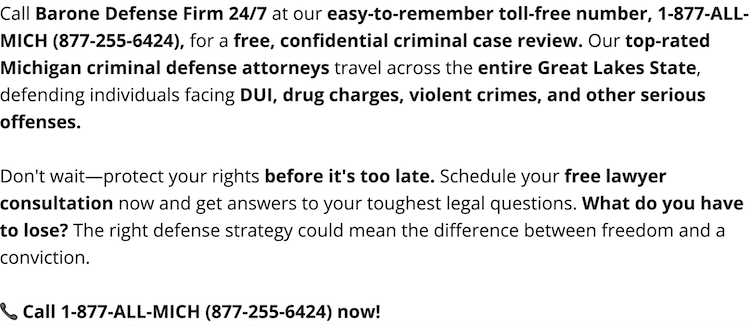Using Storytelling to Tell Client Case in Michigan
Answer: Part of the way we relate to one another is through universal human stories. And there are things about a drunk driving arrest, even though it may seem completely foreign to you that you would be able to relate to. If you've ever been stopped for speeding or for anything or have had any type of police contact and you've had that fear that comes along with it. If you haven't been stopped, and some people haven't, maybe you've gone through immigration to get to Canada and you had to answer questions from the immigration officer and you can recall what it was like to be in the presence of that authority and how it shut you down. And if it hasn't, even if it hasn't been those types of state or governmental authority, maybe you can think of a teacher or a parent in your life where you felt completely thwarted in the environment that you were in when you were facing that type of authority. That would be one way to convey at least that part of the essential or universal human story to the jury in a way that anybody would be receptive to.
 Barone Defense Firm Home
Barone Defense Firm Home




















